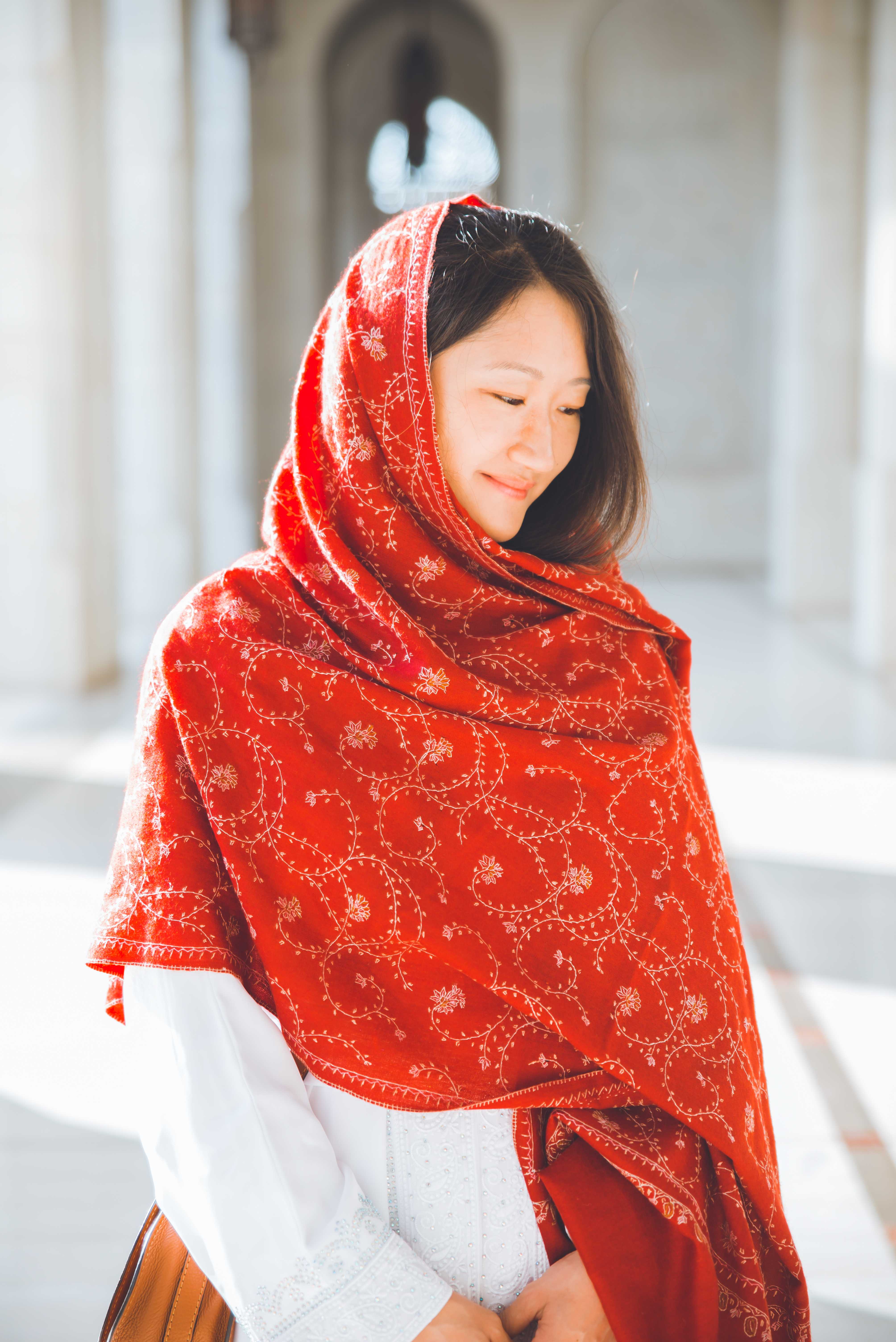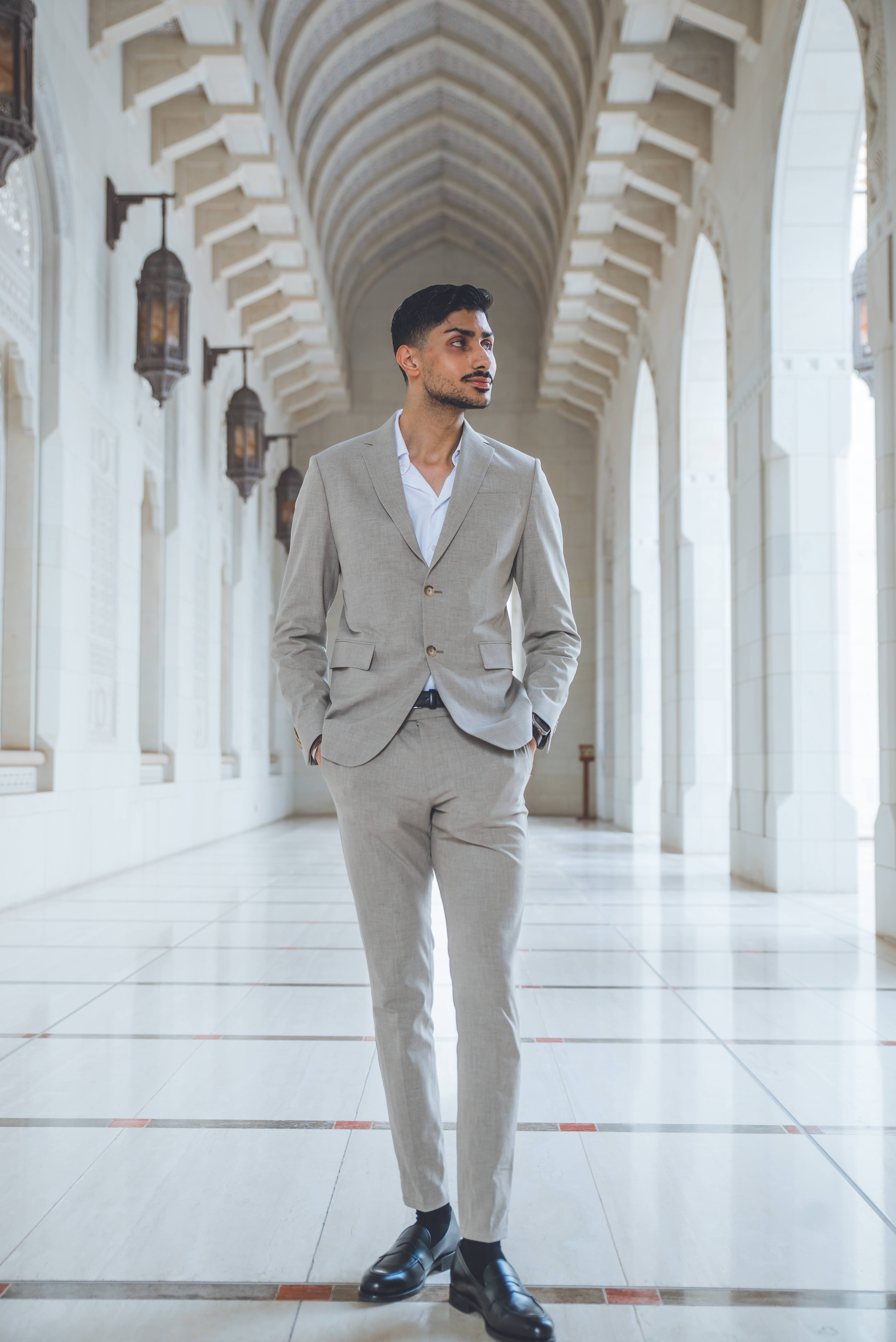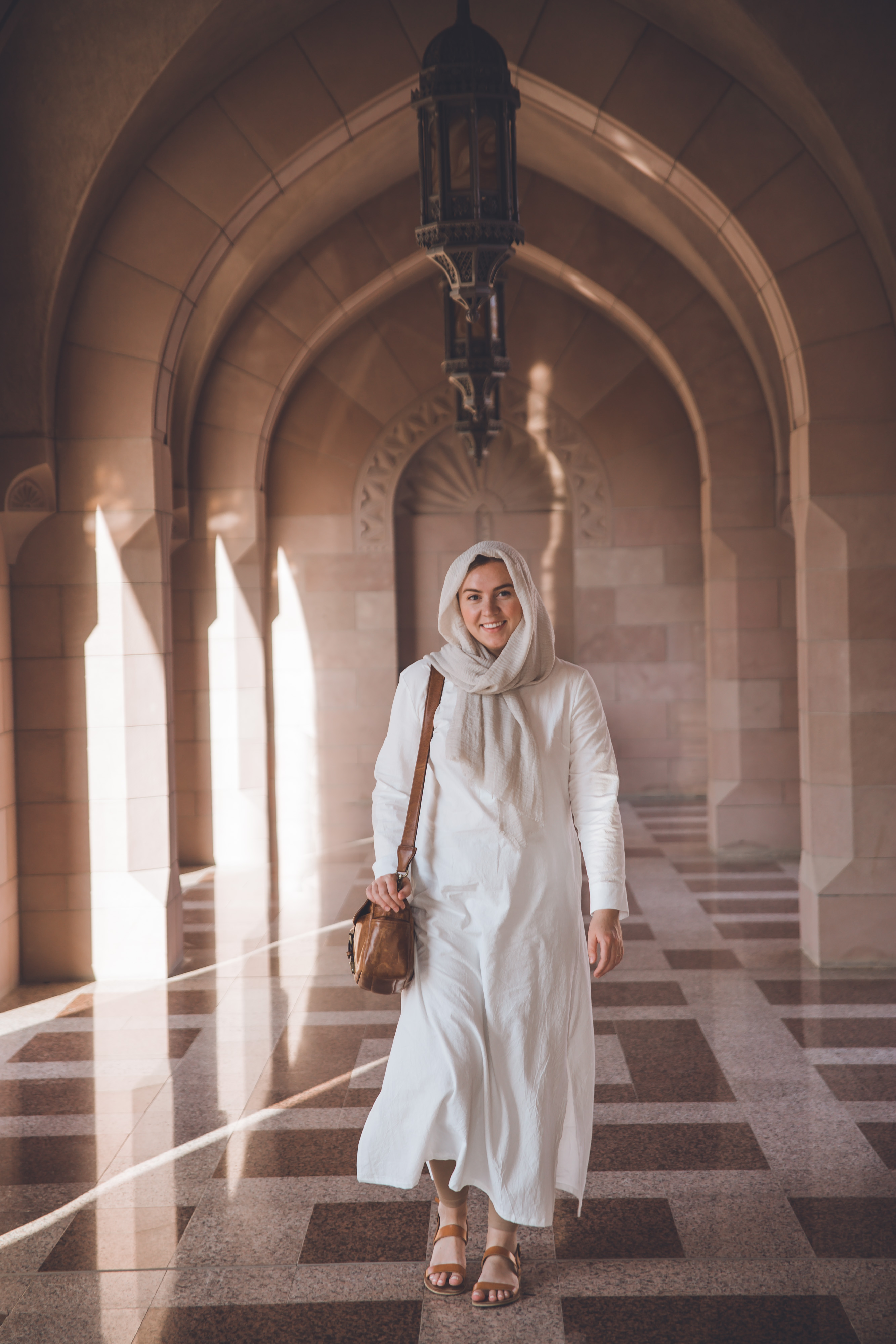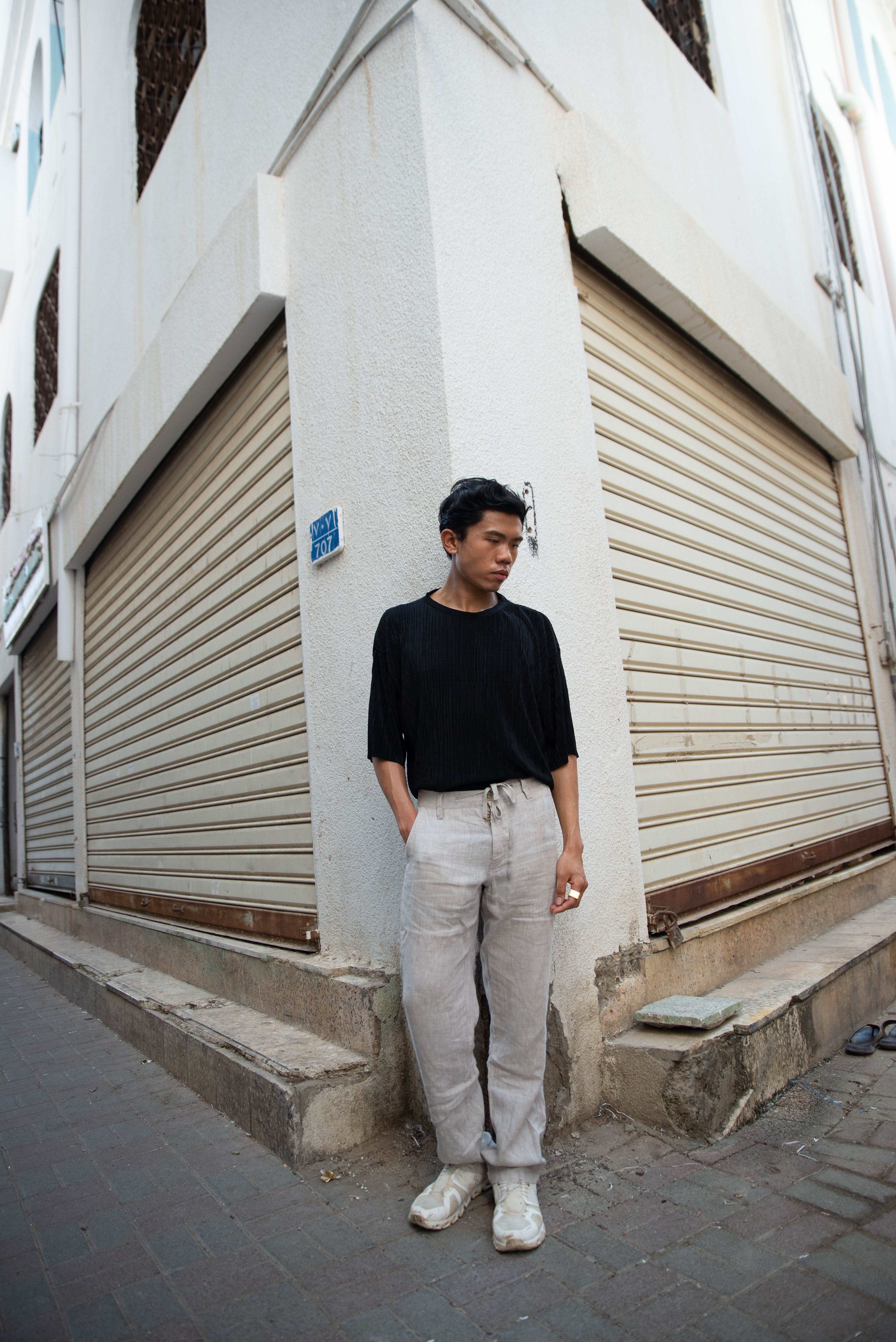
Behind the Lens: A Photographer's Guide to Storytelling in Muscat
After 8+ years of capturing stories through my lens in Muscat, I've learned that great photography isn't just about technical perfection—it's about weaving narratives that connect with the human soul. Today, I'm sharing the storytelling techniques that have transformed my work from simple portraits to powerful visual stories.
📖 The Art of Visual Storytelling
Every photograph tells a story, but not every photographer knows how to tell it well. In Muscat, where ancient traditions meet modern aspirations, the opportunities for compelling storytelling are endless. The key is learning to see beyond the surface and capture the emotions, relationships, and moments that make each story unique.
What Makes a Story Worth Telling?
Emotional Connection
The viewer should feel something when they look at your image—joy, nostalgia, wonder, or peace.
Cultural Context
In Muscat, every location has history. Understanding this context adds depth to your storytelling.
Human Element
Even in architectural photography, the human presence (or absence) tells a story.
Authentic Moments
The best stories happen between poses, in the genuine interactions and expressions.
🏛️ Storytelling Through Architecture

Reading the Stories in Stone
Muscat's architecture tells the story of Oman's journey from ancient trading post to modern sultanate. Each building, from the Sultan Qaboos Grand Mosque to the Royal Opera House, represents a chapter in this ongoing narrative.
📸 Architectural Storytelling Techniques:
- • Use leading lines to guide the viewer's eye through the story
- • Capture details that reveal craftsmanship and cultural values
- • Show scale by including human subjects
- • Play with light and shadow to create mood
- • Frame modern and traditional elements together
💡 Pro Tip: The Story of Contrast
One of my favorite storytelling techniques in Muscat is capturing the contrast between old and new. Position yourself where you can frame a traditional dhow against the modern skyline, or capture someone in traditional Omani dress walking past contemporary architecture. These juxtapositions tell the story of a nation honoring its past while embracing the future.
👥 Capturing Human Stories
The most powerful stories are human stories. In Muscat, I've learned that every person carries a unique narrative—the expatriate finding home in a new land, the local sharing their heritage, the traveler discovering wonder in unfamiliar places.

The Quiet Moment
Sometimes the most powerful stories are told in silence—a moment of reflection, contemplation, or peace.

The Connection
Relationships tell stories—the bond between parent and child, the love between partners, the friendship between travelers.

The Cultural Bridge
Every person in Muscat has a story of culture—whether preserving tradition or embracing change.
🌅 The Golden Hour Narrative
In Muscat, golden hour isn't just about beautiful light—it's about transformation. The harsh desert landscape softens, the modern city takes on a timeless quality, and every subject becomes part of a larger story about the magic that happens when day transitions to night.
🎭 The Three Acts of Golden Hour Storytelling:
Act I: The Setup (First 20 minutes)
- • Establish the scene and mood
- • Capture wide establishing shots
- • Set the emotional tone
- • Show the environment and context
Act II: The Peak (Middle 20 minutes)
- • Focus on your main subjects
- • Capture the key emotional moments
- • Use the perfect light for portraits
- • Tell the core of your story
Act III: The Resolution (Final 20 minutes)
- • Capture silhouettes and drama
- • Show the transformation complete
- • End with a powerful final image
- • Leave the viewer with emotion
🎨 Technical Storytelling Techniques
Composition for Narrative
- Rule of Thirds: Place key story elements on intersection points
- Leading Lines: Guide the viewer through your narrative
- Framing: Use architectural elements to focus attention
- Depth of Field: Control what's in focus to direct the story
- Negative Space: Sometimes what's not there tells the story
Light as a Storyteller
- Direction: Front light for clarity, side light for drama
- Quality: Soft light for intimacy, hard light for intensity
- Color Temperature: Warm tones for comfort, cool for distance
- Shadows: Use them to create mystery or depth
- Backlighting: Create silhouettes for emotional impact
📚 Case Study: A Day in Old Muscat
Let me share how I approached a recent storytelling project in Old Muscat, documenting a family's day exploring their heritage. This case study demonstrates how to weave multiple narrative threads into a cohesive visual story.
The Story Brief:
A young Omani-American family visiting Muscat for the first time, wanting to connect their children with their cultural roots while creating memories of their heritage journey.
Narrative Arc:
- Discovery: Children's wonder at seeing traditional architecture
- Connection: Parents sharing stories and cultural knowledge
- Integration: Family bonding over shared experiences
- Legacy: Creating new memories while honoring the past
🎯 Creating Emotional Impact
The Power of Anticipation
Some of the most powerful storytelling moments happen in the seconds before the main event. The bride's nervous smile before walking down the aisle, the child's excitement before seeing a surprise, the couple's anticipation before a proposal.
In Muscat, I often capture visitors' faces as they first glimpse the Grand Mosque or the Royal Opera House. That moment of awe and wonder tells a story more powerful than any posed portrait.

🌍 Cultural Sensitivity in Storytelling
When telling stories in Muscat, cultural sensitivity isn't just respectful—it's essential for authentic storytelling. Understanding and honoring local customs allows you to capture genuine moments while building trust with your subjects.
Guidelines for Respectful Storytelling:
Ask Permission: Always seek consent before photographing people, especially in traditional or religious settings.
Understand Context: Learn about the cultural significance of locations and customs you're documenting.
Dress Appropriately: Your appearance affects how people interact with you and your camera.
Be Patient: Building trust takes time, but it leads to more authentic storytelling opportunities.
Share Stories Back: When possible, share the final images with the people whose stories you've told.
📸 Professional Storytelling Services
Whether you're looking to document your own story in Muscat or learn the techniques of visual storytelling, I offer specialized services that go beyond traditional photography to create meaningful narratives.
Story Documentation
Comprehensive narrative photography sessions that capture your complete story
Photography Workshops
Learn storytelling techniques through hands-on photography education
Cultural Heritage Projects
Specialized sessions for families exploring their Omani heritage
Ready to Tell Your Story in Muscat?
Let's work together to create a visual narrative that captures not just how you look, but who you are and what your journey means. Every story deserves to be told beautifully.
💭 Final Thoughts on Visual Storytelling
Every photograph is a story waiting to be told. In Muscat, where ancient wisdom meets modern dreams, the opportunities for meaningful storytelling are endless. The key is learning to see beyond the surface and capture the deeper narratives that connect us all.
Authenticity trumps perfection. A slightly imperfect moment that captures genuine emotion will always be more powerful than a technically perfect but soulless image.
Stories evolve with time. The same location, the same people, even the same photographer will tell different stories at different times. Embrace this evolution—it's what keeps storytelling fresh and meaningful.
Your perspective matters. No one else sees the world exactly as you do. Your unique viewpoint is what makes your storytelling valuable and irreplaceable.
About the Author

Imran Zahid
Professional Photographer & Visual Storyteller
With 8+ years of experience in Muscat, Imran specializes in narrative photography that captures the deeper stories behind every moment. His work focuses on cultural heritage, human connections, and the evolving story of modern Oman.
